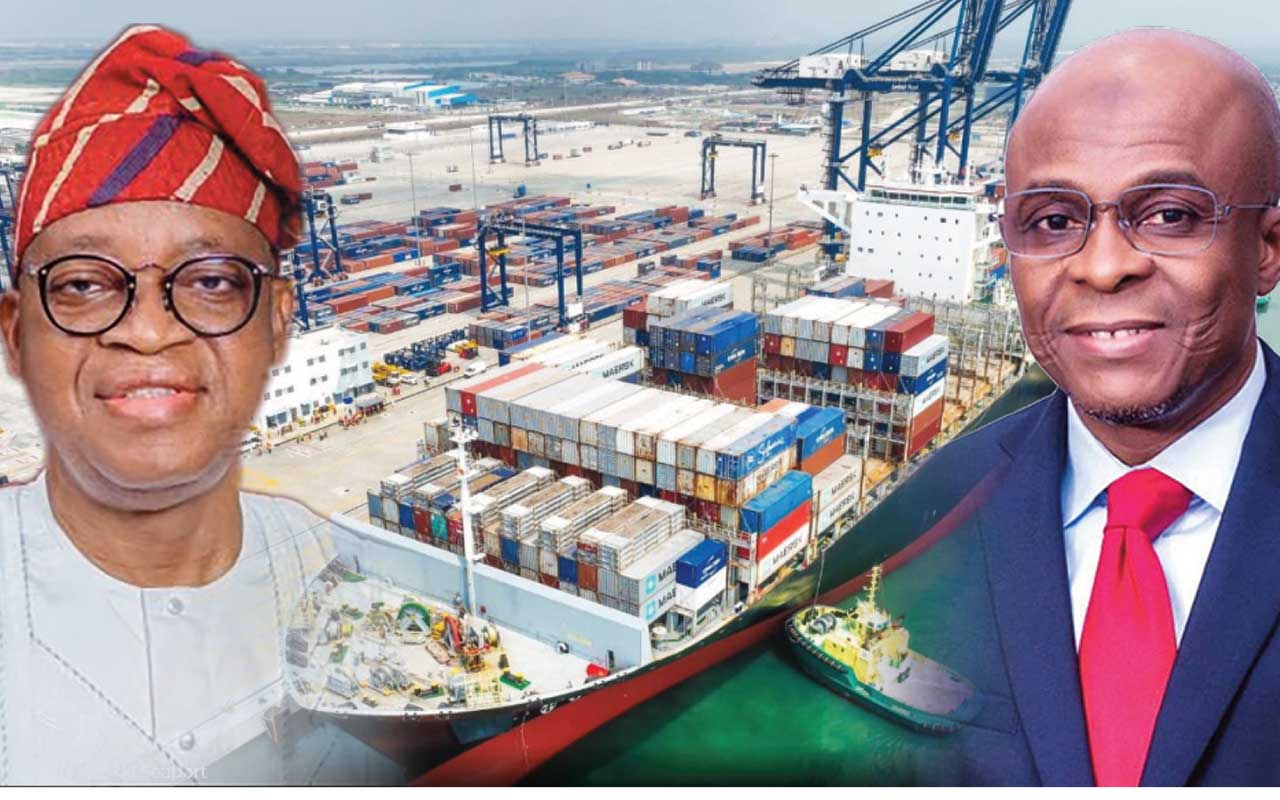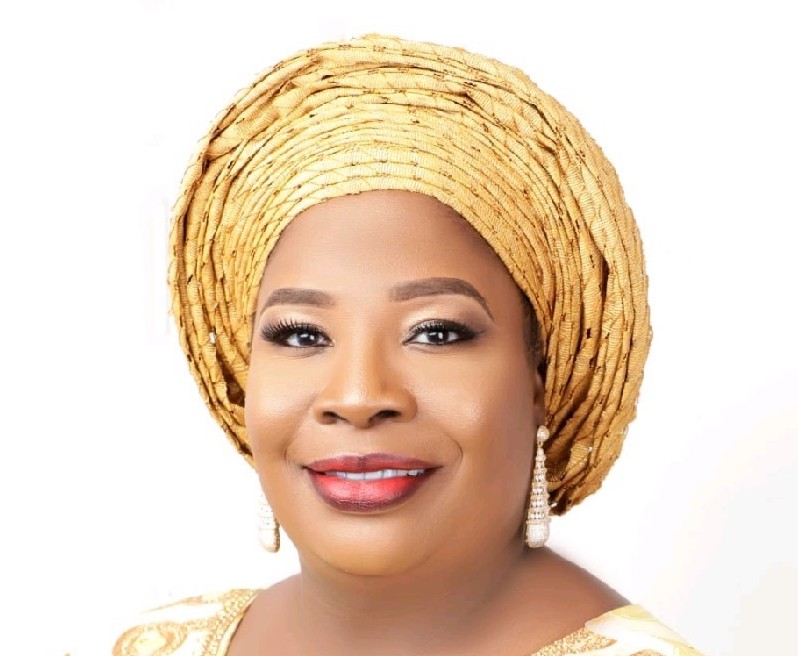The Council for the Regulation of Freight Forwarding in Nigeria (CRFFN) has signed a memorandum of understanding (MoU) with the Convention on Business Integrity (CBI) to strengthen the fight against corruption across the logistics value chain to improve the country’s logistics performance index (LPI).
The one-year partnership focused on driving systemic reform will strengthen compliance, transparency, efficiency, ethical standards and digital innovation within the logistics sector and port operations ecosystem.
A major component of the agreement is the training of freight forwarders and CRFFN staff on the port call assist digital platform, including the port user experience diary — a tool designed to document compliance gaps, operational bottlenecks and integrity-related concerns across ports and terminals.
The partnership will also assist with data collection, dashboard expansion, standard operating procedure (SOP) toolkit, rollout of integrity tools, as well as support policy advocacy and sector-wide reforms.
Speaking at the signing ceremony in Lagos, the Registrar/Chief Executive Officer, CRFFN, Igwe Kingsley, explained that the MoU is strictly designed not to generate revenue, but to enhance transparency, efficiency and ease of doing business across the nation’s ports and logistics corridors.
Kingsley emphasised that the collaboration builds on earlier reforms that restored sanity to the marine corridor and contributed to Nigeria’s recent zero-piracy record.
He, however, noted that while the maritime corridor has improved, corruption and extortion persist along inland logistics routes, citing multiple unauthorised payments imposed on freight forwarders, while adding unnecessary costs that undermine trade efficiency.
According to him, the new agreement provides digital tools that will allow freight forwarders and port users to report irregularities in real time, particularly in the evolving National Single Window framework.
The Chief Executive Officer, CBI, Olusoji Apampa, said the CRFFN’s decision to seek collaboration was driven by the success of the reforms in the maritime sector initiated over a decade ago.
Apampa revealed that in 2019, the Maritime Anti-Corruption Network (MACN)documented 266 cases of demands for large, unreceipted cash payments by officials, a form of extortion that routinely forced ship captains to pay thousands of dollars to avoid costly delays.
He said that with the introduction of the Standard Operating Procedures (SOPs), Nigerian Port Process Manual and active enforcement by the Port Standing Task Team (PSTT) supported by the Department of State Services (DSS) and Independent Corrupt Practices and Other Related Offences Commission (ICPC), the cases began to decline sharply to 30 in 2024.
Apampa admitted that despite the gains in vessel clearance, efforts to extend reforms to cargo clearance and port corridor operations had stalled due to entrenched interests. He said this gap prompted CBI to seek a deeper partnership with CRFFN over its crucial role to sustain and expand the gains.






